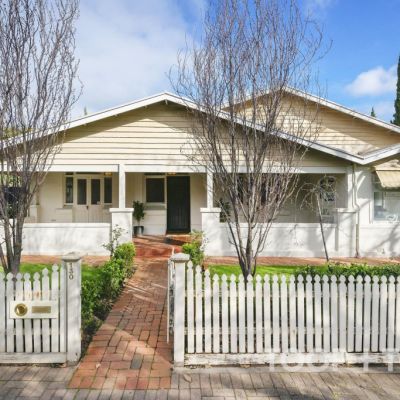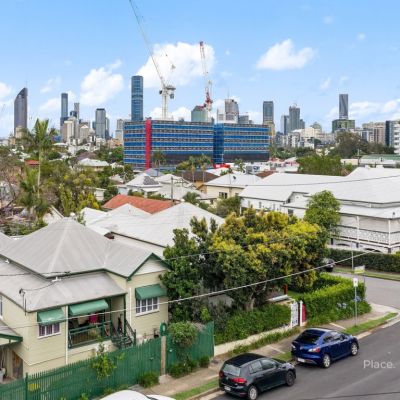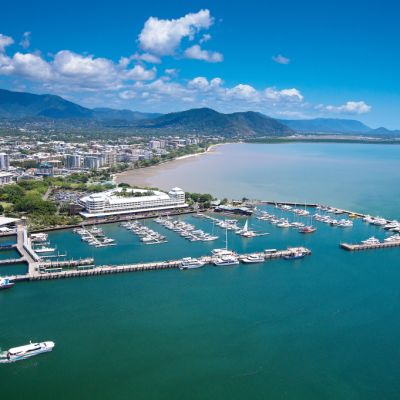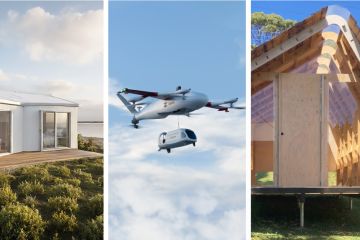The capital city with budget suburbs under $470,000 – even after prices have risen by nearly 80 per cent
They came from behind to surprise us all – and now some low-cost suburbs of Adelaide are recording five-year property price growth figures that sit among the nation’s highest, at nearly 80 per cent.
The quiet achiever of the Australian housing market – that four years ago had the cheapest suburb of all the capital cities and two years ago was voted the most liveable city in Australia, as well as the world’s third most liveable – is now a star performer.
“But despite our huge price growth, where else in Australia can you still buy a free-standing home on a good block of land for less than $400,000 in a suburb just 25 kilometres from the CBD?” asked LJ Hooker agent Andrew Rose, who sells homes in the northern Adelaide suburb of Elizabeth East, where the median price has jumped 79.9 per cent since 2018.
“And then you’d get $400 a week in rent for it! Yes, prices have gone up a lot, but they’re still very affordable. Before this, we hadn’t had a price rise in 15 years, since 2008, so the market was extremely stagnant. This boom is the boom we had to have.”
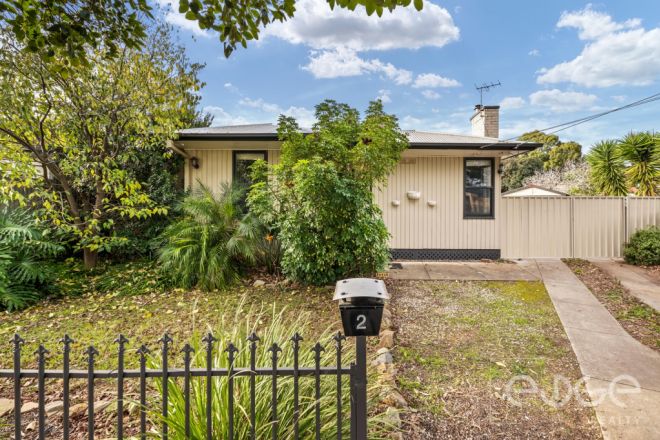
COVID was obviously a massive catalyst for Adelaide’s stellar price growth, but it was also driven by the South Australian government’s release of a lot of land, and its offer of first-home buyer building grants.
Then there was also that 2021 liveability title from The Economist’s Global Liveability Index, which, out of 140 cities, found only Auckland and Osaka were slightly more agreeable than Adelaide.
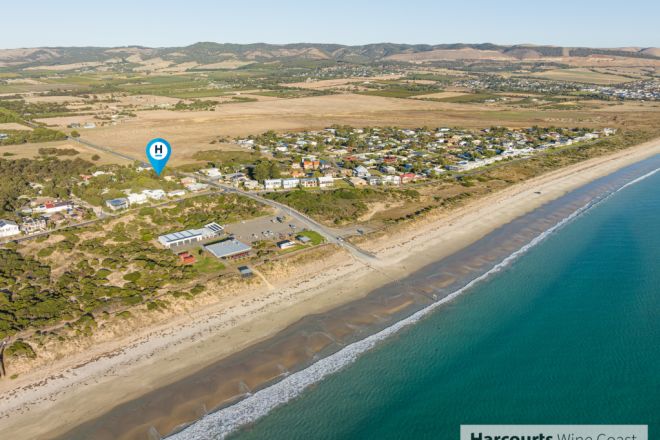
It directed a huge amount of domestic attention to the South Australian capital.
As a result, Adelaide’s median house price has jumped to $795,364 from just $531,355 in 2018, according to the latest Domain House Price Report.
| Suburb | Region | Median | Annual change | 5-year change |
| Elizabeth East | Adelaide Metro North | $375,000 | 27.1% | 79.9% |
| Christie Downs | Adelaide Metro South | $467,500 | 17.2% | 76.4% |
| Davoren Park | Adelaide Metro North | $325,500 | 30.2% | 75.9% |
| Huntfield Heights | Adelaide Metro South | $494,000 | 17.6% | 73.3% |
| Elizabeth Vale | Adelaide Metro North | $405,000 | 26.6% | 70.5% |
| Aldinga Beach | Adelaide Metro South | $590,000 | 18.5% | 69.1% |
| Goolwa Beach | Country South | $565,000 | 27.0% | 68.7% |
| Hackham West | Adelaide Metro South | $436,000 | 13.2% | 67.7% |
| Grange | Adelaide Metro West | $1,160,000 | 20.1% | 66.9% |
| McLaren Vale | Adelaide Metro South | $715,000 | 13.5% | 66.8% |
Elizabeth East’s prices have risen the most in that five years, and 27.1 per cent this past year alone, to a new median of $375,000.
Christie Downs in the southern suburbs came in only slightly below, with a five-year rise of 76.4 per cent to a median of $467,500, while in third place, was Davoren Park, back in the northern suburbs, with 75.9 per cent five-year price growth, and a 30.2 per cent jump in the last 12 months.
It also has the lowest median price of South Australia’s top 10 performers, at just $325,500.
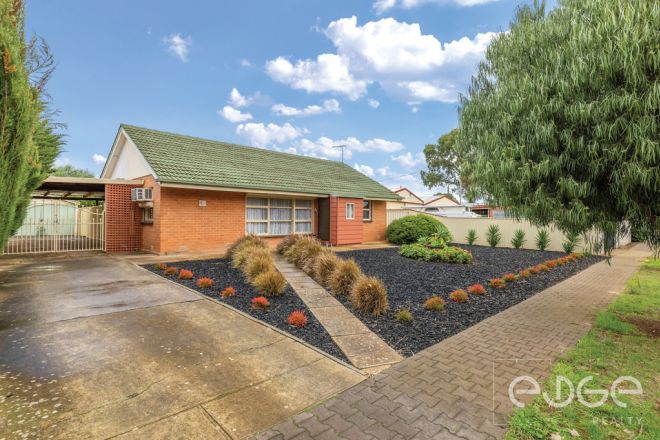
“Davoren Park had the lowest metropolitan median price four years ago, but while it’s still affordable, our price growth means it isn’t the lowest anymore,” said Mike Lao of Edge Realty, who sells in the suburb.
“But it’s still cheap and you get a good rental yield as we still have a rental crisis here, and not enough rental properties.
“I think being named Australia’s most liveable city brought us recognition from the rest of the country, and we’ve been getting 50 to 60 per cent of buyers for our property from the eastern seaboard, with a few others from Perth and Tasmania, and the rest local investors.”
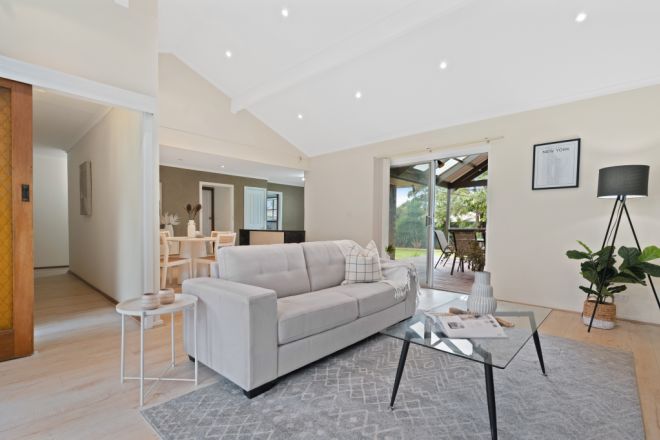
During the pandemic, many property buyers beat a path straight to Adelaide, either to take advantage of its lower prices for investments, to buy and move to a much less densely populated city, or to buy and think of relocating later.
“By the same token, with travel off the agenda, many locals decided to buy homes with the money they saved.”
Most Sydneysiders and Melburnians shifting down could afford to buy owner-occupier stock in Adelaide’s more blue-chip areas, like Toorak Gardens, Unley Park, College Park and Malvern.
Some of them missed out, though, because they couldn’t keep abreast of how quickly prices were rising.
Jamie Brown of Booth Real Estate recently sold a property at 9 The Avenue, Medindie, for $8.5 million to a local buyer in an expressions-of-interest campaign against competition from Sydney and Melbourne.
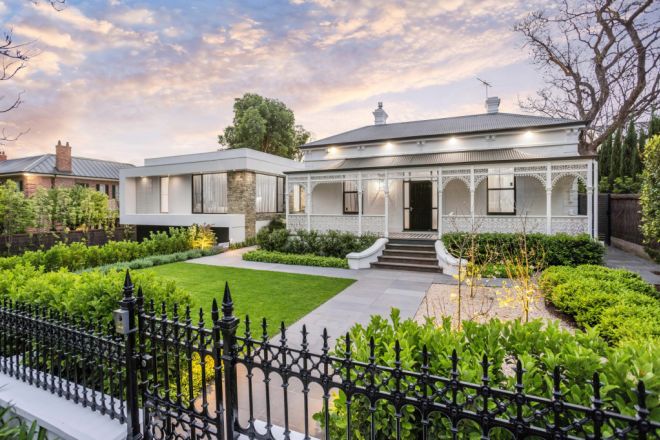
“The east-coast buyers couldn’t recalibrate quickly enough as they hadn’t realised by how much prices had gone up,” Brown said.
“So they missed out. It’s been incredible but I’m now seeing, for the very first time, Adelaideans having confidence in top-end Adelaide property.
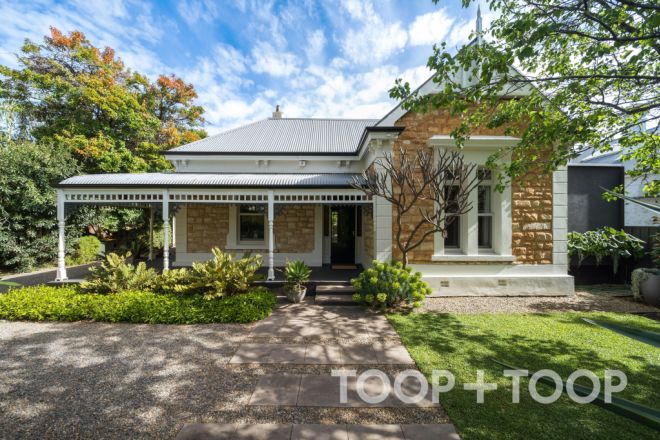
“We don’t get the big executive bonuses in Adelaide that people get in Sydney and Melbourne, so prices don’t fluctuate as much; they’re much steadier. So we never had huge prices, but we’re now clicking up seven- and eight-figure sums.”
Brown made the current record sale of the Anglican Diocese’s 164-year-old mansion Bishop’s Court in North Adelaide in 2020. It was understood to have fetched between $10 million and $11 million, but another recent sale in North Adelaide is said to have been several million dollars higher. The final sum has not yet been revealed.
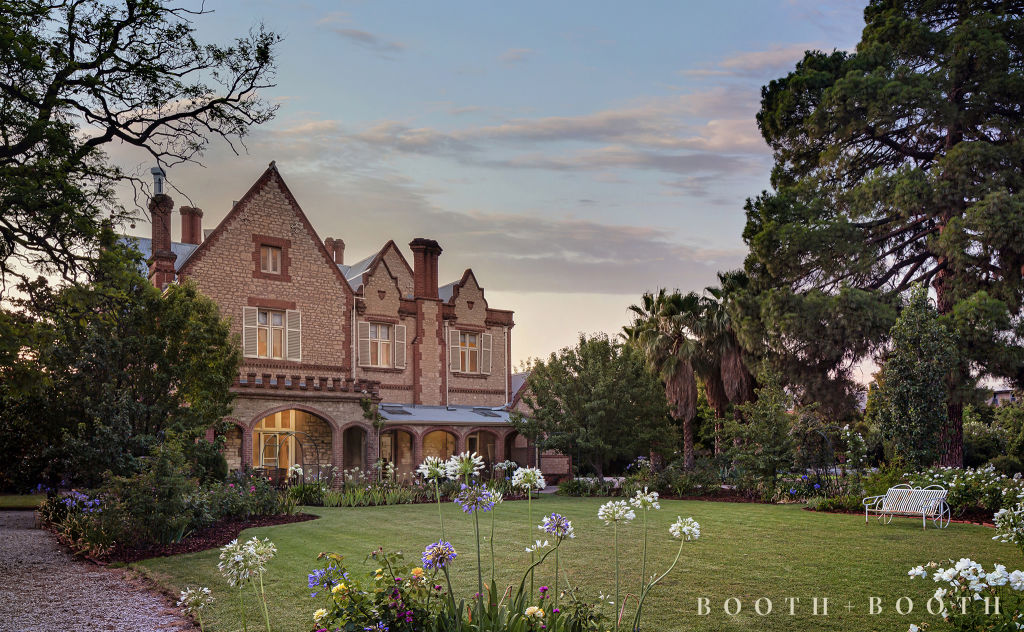
The cheaper suburbs, however, are still proving the most popular among buyers.
“A lot of investors choose the quite modest up-and-coming suburbs, and that’s where the price growth has come from,” said Andrew Hollis of Southgate Real Estate, who sells in Christie Downs.
“There’s significant interest at the $450,000 price point and there is a real rental shortage.
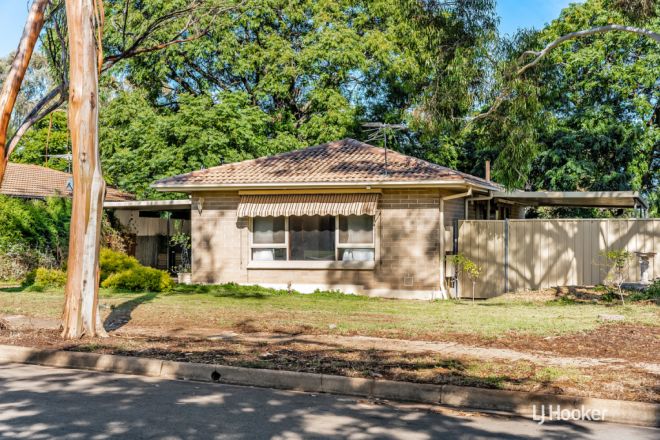
“Prices here have been going up constantly – often slowly, but constantly. We haven’t had any sign of the downturn that’s affected Sydney and Melbourne.”
The only area outside Adelaide in South Australia’s top 10 suburbs for price growth was Goolwa Beach, 70 kilometres south of the city, on the Fleurieu Peninsula.
Its median price rose by 68.7 per cent in the last five years, and 27 per cent in the last 12 months, to a median of $565,000.
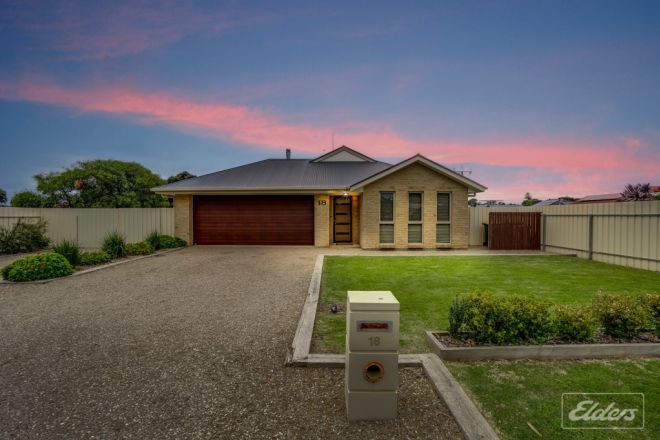
It became popular around, and just after, the pandemic, said Lucas Bradley of Elders Goolwa, because people were reluctant to travel far, so they bought coastal holiday homes instead.
“It’s a great place to have a holiday and it’s only a one-hour drive from the city,” he said. “There’s still strong demand for homes there, too, but they’re now taking a little longer to sell.”
We recommend
We thought you might like
States
Capital Cities
Capital Cities - Rentals
Popular Areas
Allhomes
More
